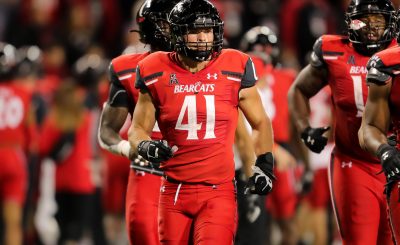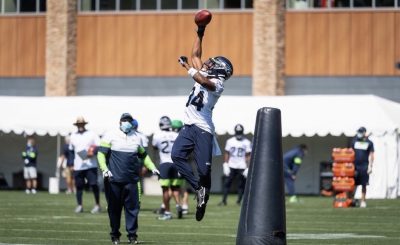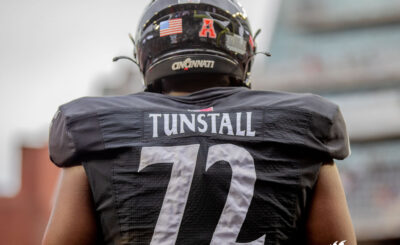Stringent Denial
In conjunction with the lack of accountability regarding racism in the sport of soccer, there’s an alarming state of denial on the game’s executive ladder. These people see racism as a thing largely defeated by their supposed strenuous efforts. As a result, they feel they don’t need to apply any more exertion towards continuing the push against it. It’s because of this that in 2016, FIFA dissolved their “Task Force Against Racism and Discrimination”, citing their mission—which is to report racially motivated occurrences of any kind—as complete. This gives a dangerous precedent because there would then be no central organization acting as a watchdog in keeping uncontrolled racism in check. Furthermore, and perhaps more alarmingly, the victims would virtually have nowhere to look for help.
An example of this comes from England, the home of the fabled Premier League. Despite creating progressive and anti-discriminatory initiatives such as Kick It Out, there still exists the tendency from the country’s leading soccer association (The Football Association) to turn a blind eye on these virulent attacks. This is cited from a 2014 report by Cleland & Cashmore that took in more than 2,000 responses from fans who talk about how nothing is done to combat the abuses.
Adding another layer to the issue, with the growing trend of these negative instances becoming more nuanced due to how racism is looked at with vigor in a progressive, diverse, technological, and open society, which supposedly began in the 1960s during America’s Civil Rights Movement—according to the researchers—the fans will feel the lack of reports over these events will embolden the hierarchy’s lax approach. From there, the researchers believe there subsists an ideology that embodies color-blindness in the sense where white front office executives working in the game think there isn’t any issue of racism present within their boundaries, but their actions—or lack thereof— contradicts them. One quote from Dave Whelan, then the chairman for Wigan Athletic F.C., in an interview with The Guardian from 2011 perfectly encapsulates the higher-up’s attitude to racism.
“I think we should forget colour and…you know, it doesn’t bother anybody. Sometimes a footballer, when they’re playing at such a level, with the stress there is…if they call somebody white, if they call somebody black, you’ve just got to get on with it…You know, I think the players who come and complain, sometimes they are a little bit out of order.”
Of course, the executive side is not the only party culpable for the continued existence of racism in the game. The fans are held accountable as well.
In the times where the people accused for shouting discriminatory remarks are questioned, they can retort by stressing they weren’t acting as “true” racists. Those people say this to contend they did so in the heat of the moment during the game while supporting their team. For the ones who are definite racists that should be tried instead, the accused party points the blame to the “hooligans,” the group of people known for their overt behavior and appearance who are prevalent in clubs such as Millwall F.C. of England and Beitar Jerusalem F.C. of Israel.

They emphatically accentuate they’re not racist in nature. In broader terms, they did what they did out of pure, unadulterated impulse. As a result, this scenario is described with a term called “accidental racists.” The ordeal surrounding “accidental racism” was studied deeply in the Netherlands where van Zoonen, de Roode, and Muller conducted an empirical study like the one before by virtue of them questioning players and fans alike in the country’s capital regarding their experience with racism, whatever the scope it may be. Whereas fans can brush aside accusations as those not showing their true character with a succinct denial, players will consequently have a hard time proving that the aggressors were in fact acting as genuine racists.
Essentially, cases like these boil down to a game of “he-said-she-said” and trying to solve them would be time-consuming in the court of law. Regardless of the contentious nature in the resolution of these inquiries, the mere difficulty of legitimately proving racism doesn’t exist already gives the idea that no, it’s not completely gone, and it probably never will. It’s too embedded in the world for it to not go away. Prominent executives can say what they want about how racism is no longer alive in the beautiful game, but the victims of these abuses as time goes on will continue to prove them otherwise.






